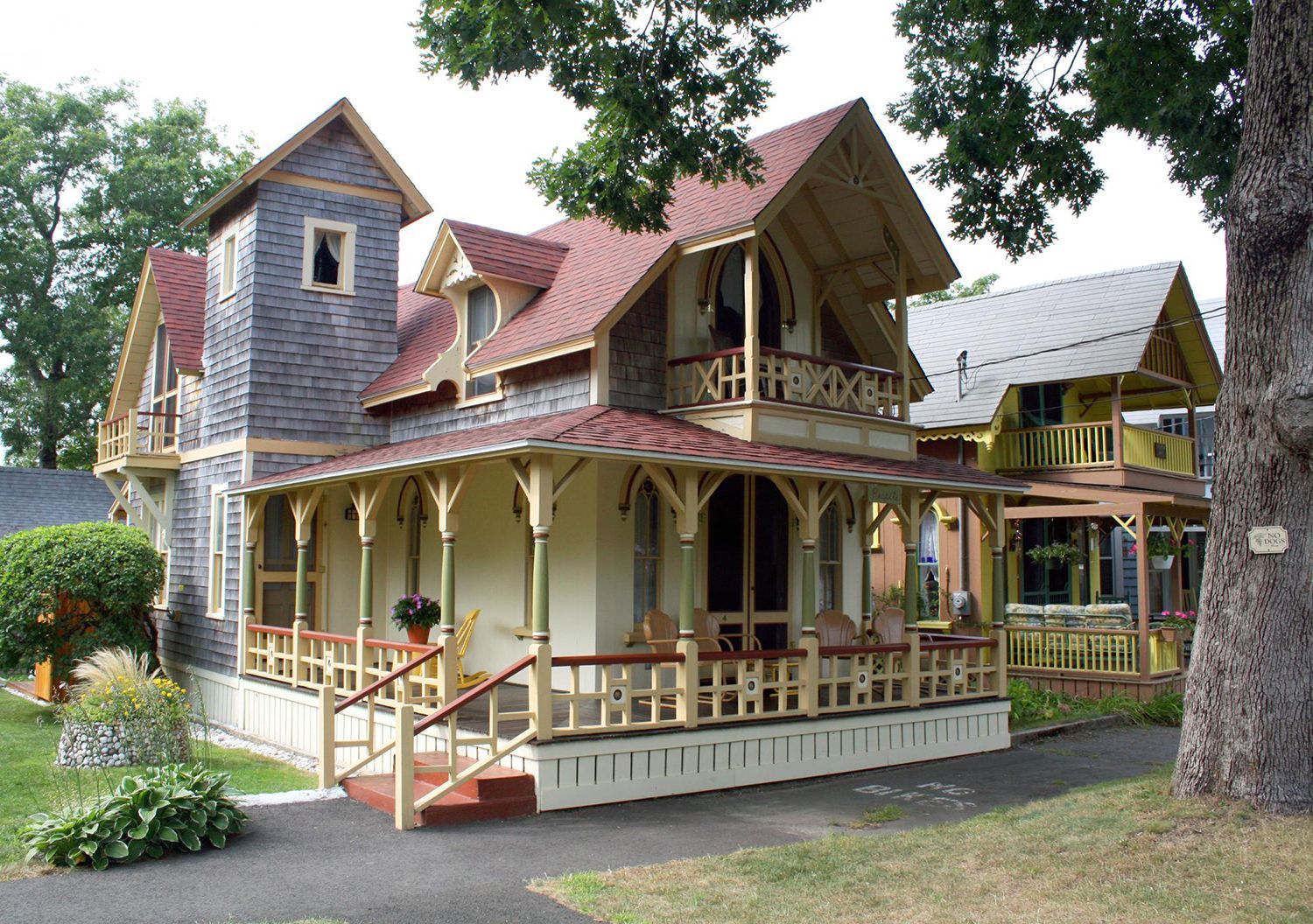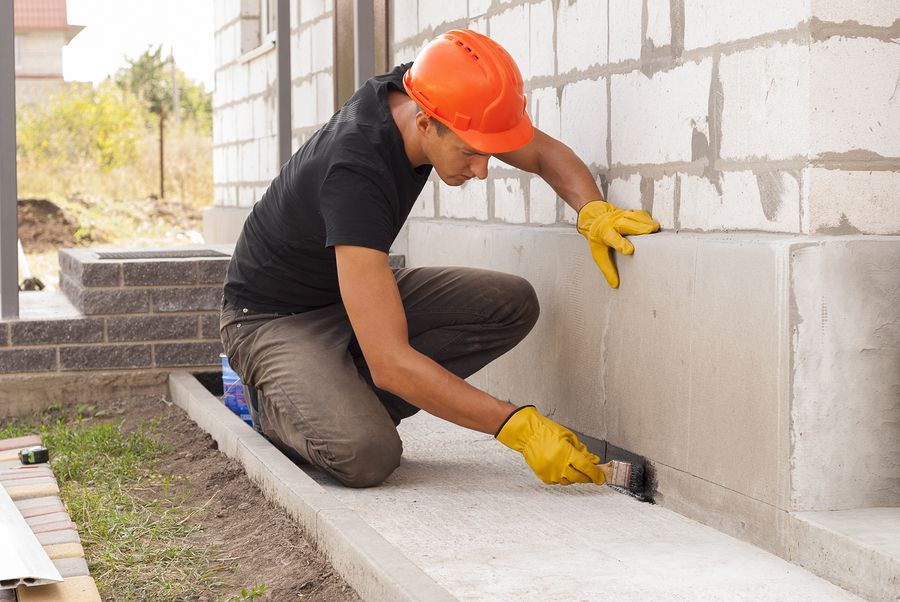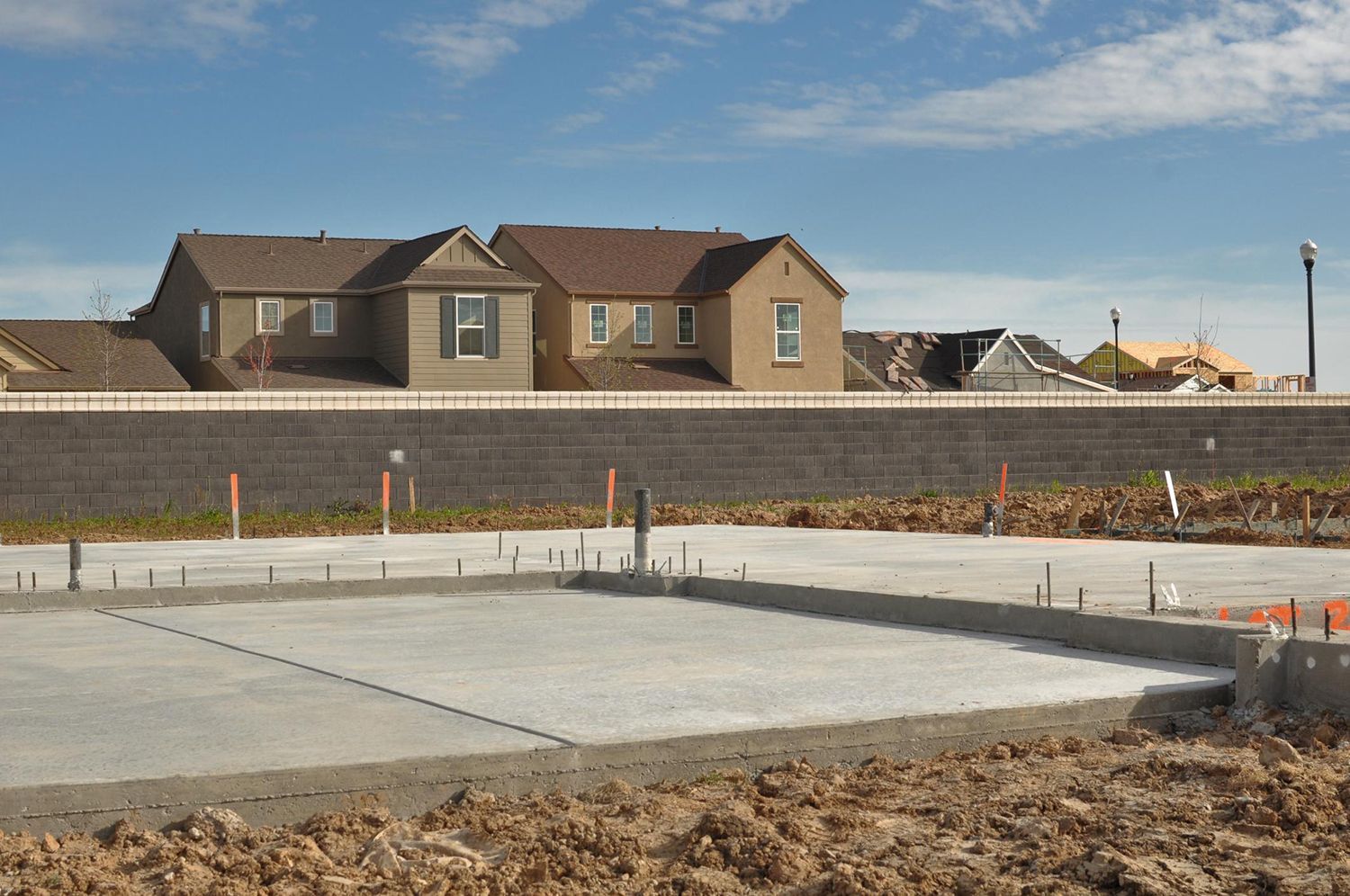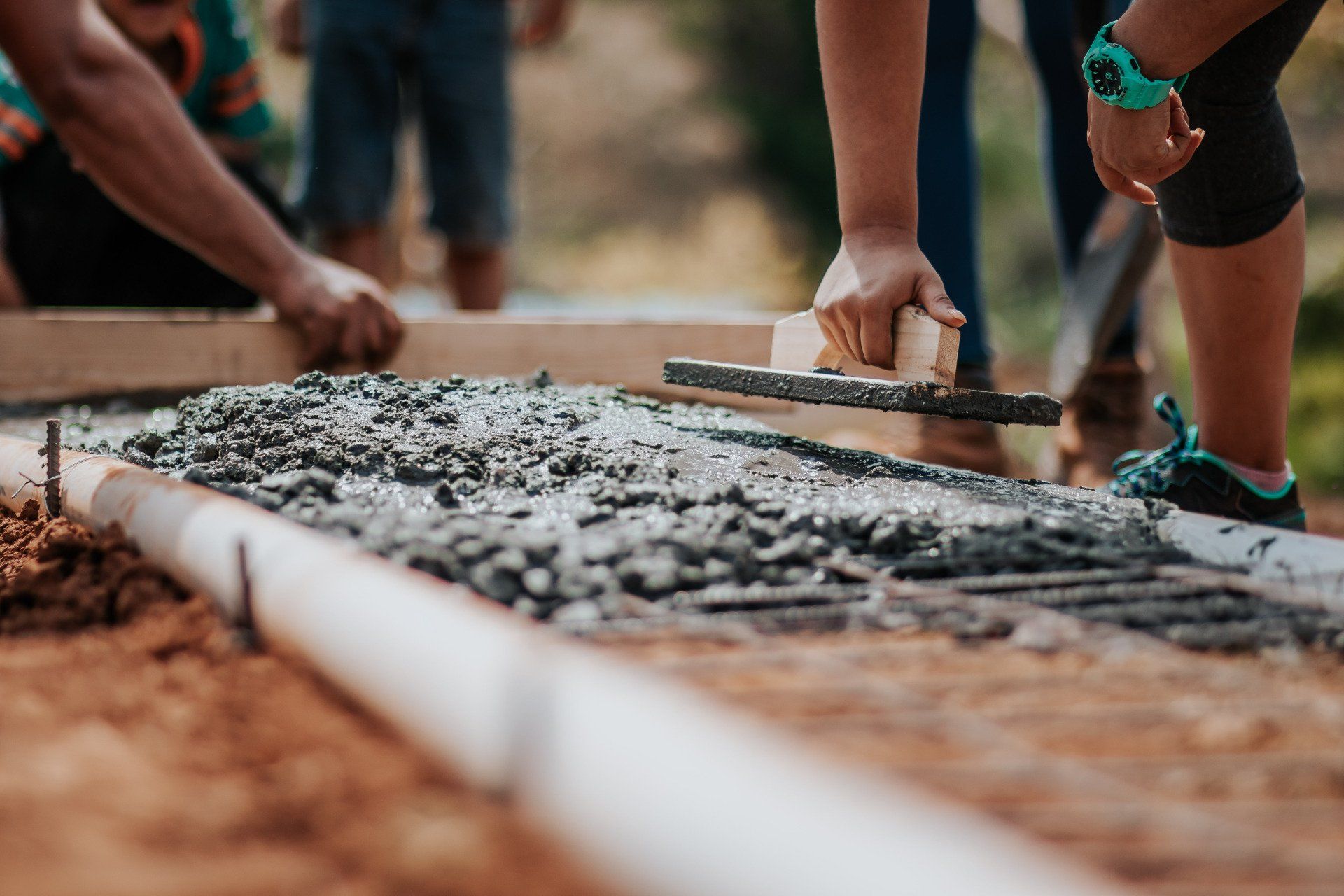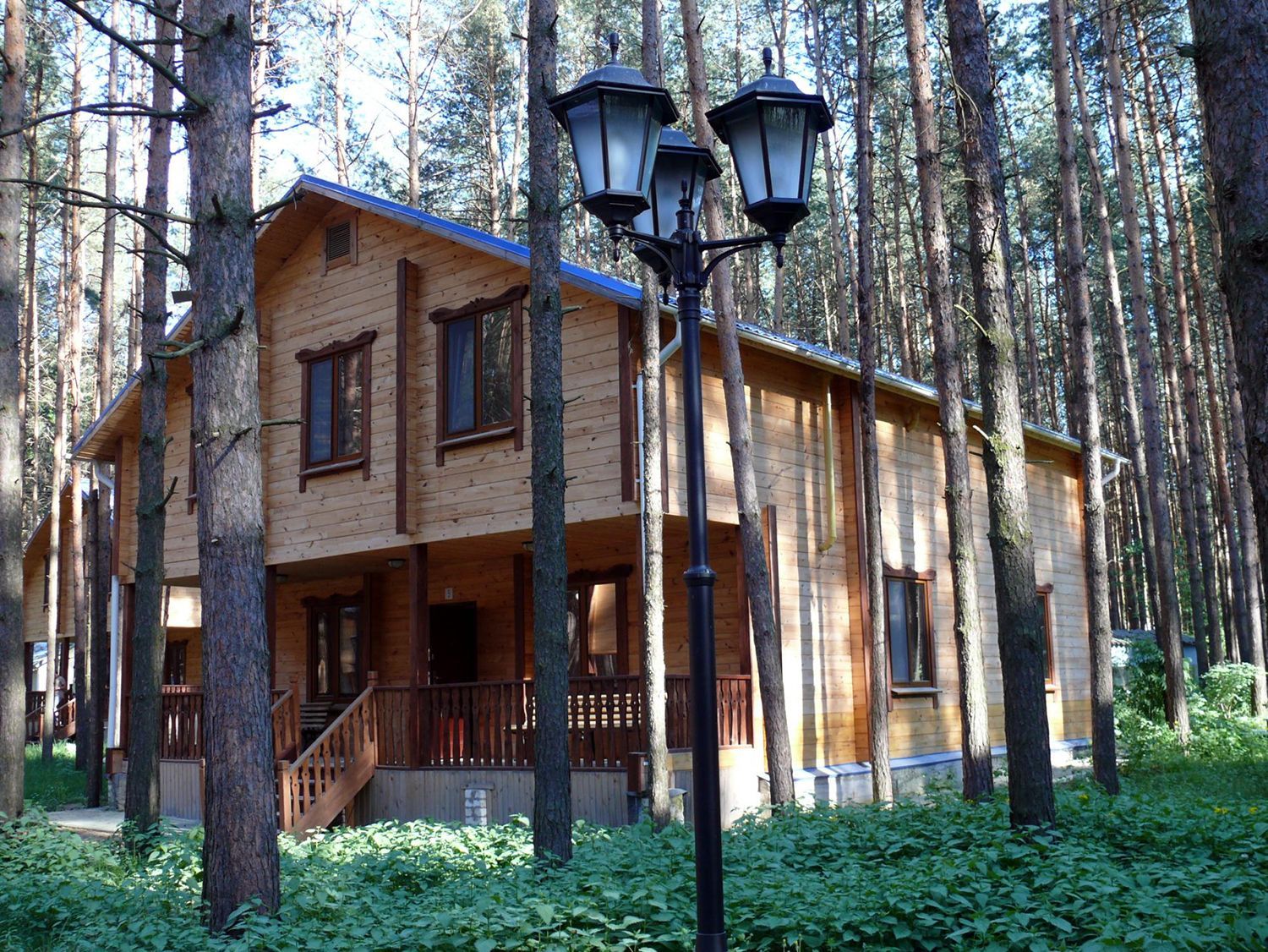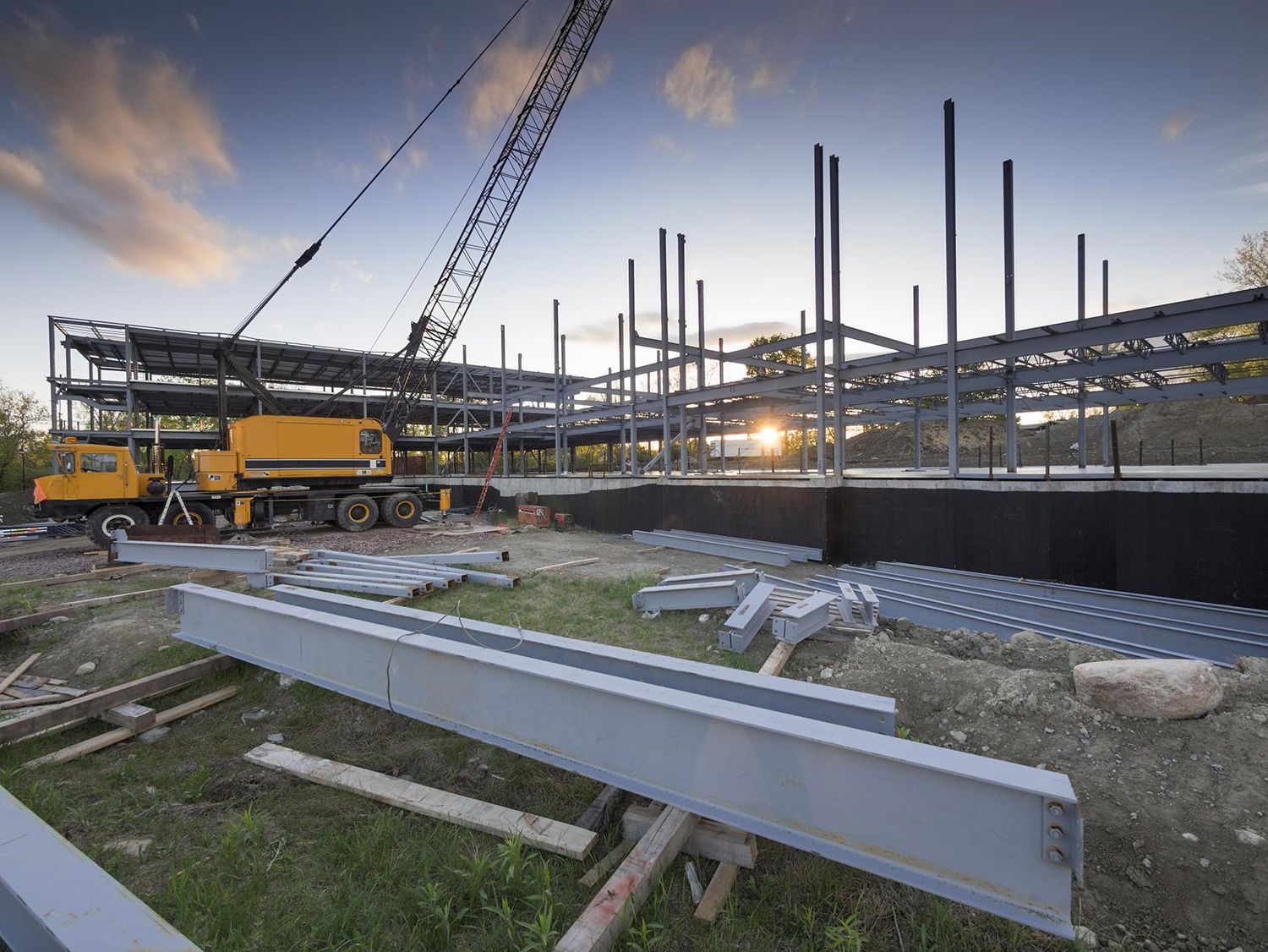The Importance of Waterproofing: Home Protection from Water
"Foundation Waterproofing: Shielding Your Home's Strength and Durability Against Water's Onslaught"
Introduction:
Water is a powerful force of nature, capable of causing significant damage to your property. One of the most effective ways to safeguard your investment and ensure the longevity of your home is through waterproofing. From foundation waterproofing to exterior protection, this comprehensive guide explores the crucial importance of waterproofing in shielding your property from moisture and water damage. We'll delve into the various methods, costs, materials, and the benefits of waterproofing, all of which play a pivotal role in preserving your home.
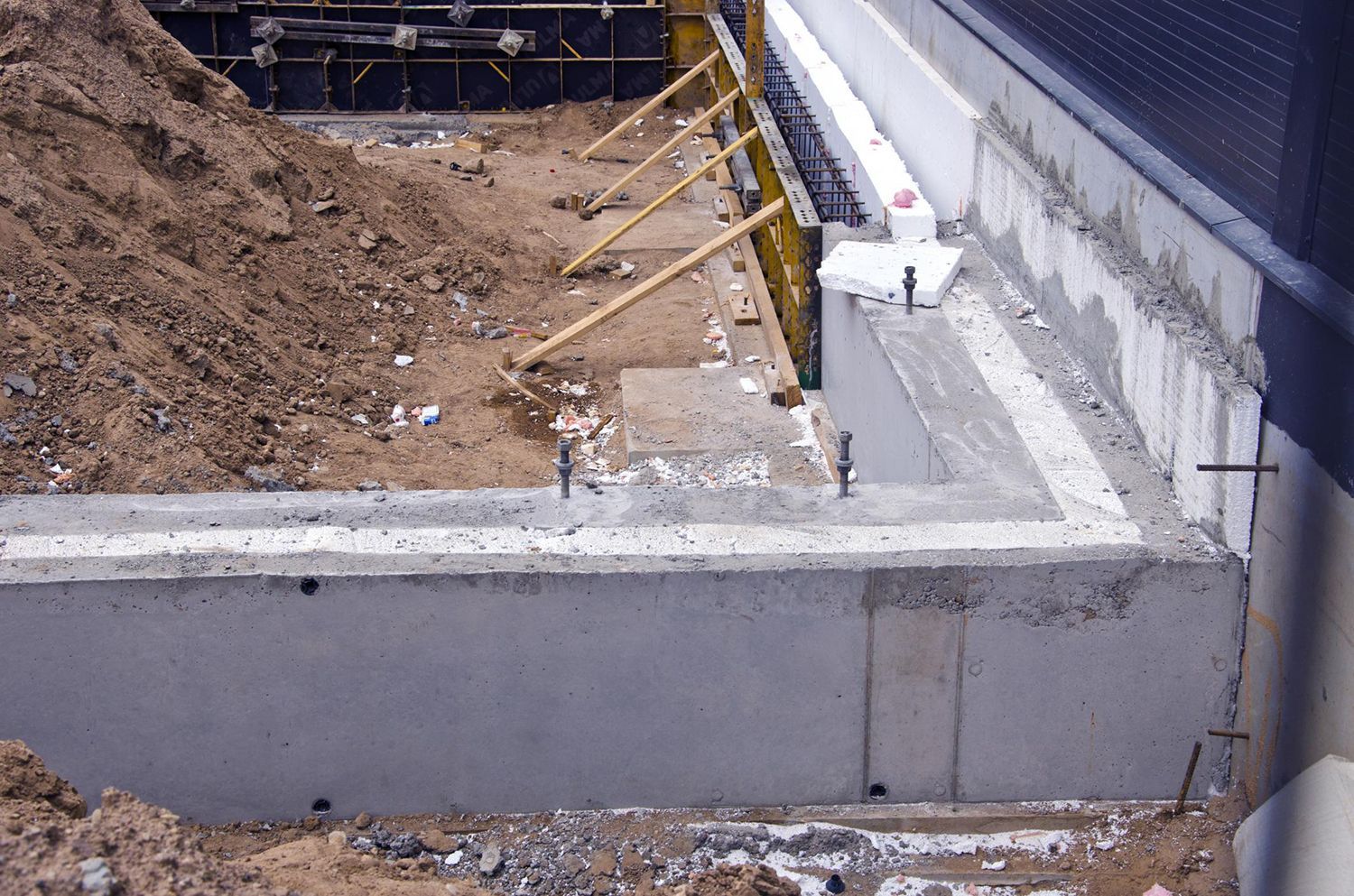
Understanding Foundation Waterproofing
Foundation waterproofing is a proactive measure taken to prevent moisture from infiltrating your home's foundation. It involves the application of a waterproofing membrane or coating to the exterior surface of the foundation walls. The primary goal is to create a barrier that repels water and keeps it away from the foundation.
Here are some key aspects of foundation waterproofing:
Foundation Waterproofing Membrane: This is a key component of the process. It is a durable material that adheres to the foundation walls and creates a waterproof barrier. Common materials include asphalt-modified bitumen, rubberized asphalt, and liquid-applied coatings.
Exterior Application: Foundation waterproofing is typically applied to the exterior of the
foundation, as this is where water intrusion is most likely to occur. This prevents water from seeping into the foundation walls and causing structural damage.
Preventative Maintenance: Foundation waterproofing is often part of a preventative maintenance plan. By addressing potential moisture issues before they become significant problems, homeowners can save on costly repairs down the road.
Protection Against Hydrostatic Pressure: In areas with a high water table or heavy rainfall, the soil surrounding the foundation can become saturated, exerting hydrostatic pressure on the foundation walls. Waterproofing helps counteract this pressure and keeps the foundation dry.
Foundation Waterproofing Products and Materials
Foundation waterproofing relies on a range of products and materials to create an effective moisture barrier. Here are some commonly used options:
Asphalt-Modified Bitumen:
This is a durable, rubberized asphalt material that is applied in layers to create a waterproof membrane. It adheres well to concrete and is known for its longevity.
Liquid-Applied Coatings: Liquid waterproofing coatings are applied directly to the foundation walls, creating a seamless barrier. They are often used in situations where traditional membrane installation may be challenging.
Rubberized Asphalt: This flexible material offers excellent waterproofing properties and is particularly effective in cold climates where it can withstand freeze-thaw cycles.
Polyurethane: Polyurethane coatings provide a robust waterproofing solution and are resistant to chemicals and abrasion.
Foundation Waterproofing Benefits
The benefits of foundation waterproofing extend far beyond moisture prevention:
Protection Against Structural Damage:
Water intrusion can lead to foundation cracks, deterioration, and even foundation settling. Waterproofing prevents these issues, ensuring your home's structural integrity.
Mold and Mildew Prevention:
Moisture in the foundation can create the ideal conditions for mold and mildew growth. Waterproofing keeps your home's interior dry, reducing the risk of mold-related health issues.
Improved Air Quality:
By preventing moisture-related problems, waterproofing contributes to better indoor air quality and a healthier living environment.
Increased Property Value: A dry and well-maintained foundation enhances your property's value and appeal to potential buyers.
Cost Savings: Waterproofing is a cost-effective preventative measure. The upfront investment in waterproofing can save you from costly repairs and remediation in the future.
Foundation Waterproofing Cost Considerations
The cost of foundation waterproofing can vary depending on several factors:
Foundation Size:
The larger the foundation, the more materials and labor will be required, which can impact the cost.
Foundation Condition: If your foundation already has damage or significant moisture issues, remediation may be needed before waterproofing, which can add to the cost.
Type of Waterproofing:
The choice of waterproofing material or method can affect the overall cost. Some materials are more expensive but offer long-term durability.
Labor Costs:
Labor costs vary by location and the complexity of the job. Professional installation ensures the effectiveness of the waterproofing.
Additional Features:
Some properties may require additional features such as drainage systems or sump pumps, which can increase the cost.
Conclusion
Waterproofing is not just an option; it's a necessity for protecting your property from the destructive force of moisture and water damage. Whether it's
foundation waterproofing, exterior protection, or moisture prevention measures, investing in waterproofing is an investment in the longevity and stability of your home. The benefits, including structural integrity, improved indoor air quality, and cost savings, far outweigh the initial expense.
By understanding the importance of waterproofing, selecting the right materials and methods, and factoring in cost considerations, you can take proactive steps to ensure that your property remains dry, secure, and protected from the damaging effects of water. Don't wait until moisture issues become a problem; invest in waterproofing today to safeguard your home for years to come.

